
WALKING ALONE
Published by Rowman & Littlefield
An imprint of The Rowman & Littlefield Publishing Group, Inc.
4501 Forbes Boulevard, Suite 200, Lanham, Maryland 20706
www.rowman.com
86-90 Paul Street, London EC2A 4NE, United Kingdom
Copyright 2022 by The Rowman & Littlefield Publishing Group, Inc.
All rights reserved. No part of this book may be reproduced in any form or by any electronic or mechanical means, including information storage and retrieval systems, without written permission from the publisher, except by a reviewer who may quote passages in a review.
British Library Cataloguing in Publication Information Available
Library of Congress Cataloging-in-Publication Data
Names: Taylor, Dan, 1957 author.
Title: Walking alone : the untold journey of football pioneer Kenny Washington / Dan Taylor.
Description: Lanham, MD : Rowman & Littlefield, [2022] | Includes bibliographical references and index. | Summary: The inspirational story of African American trailblazer Kenny Washington, the first player to reintegrate the NFL and the first black football coach in the United States, considered by many to be the greatest football player of his timeProvided by publisher.
Identifiers: LCCN 2021046982 (print) | LCCN 2021046983 (ebook) | ISBN 9781538154366 (cloth) | ISBN 9781538154373 (epub)
Subjects: LCSH: Washington, Kenny, 19181971. | FootballUnited StatesHistory20th century. | Discrimination in sportsUnited StatesHistory20th century. | National Football LeagueHistory20th century. | African American football playersBiography. | African American football coachesBiography.
Classification: LCC GV939.W36137 T38 2022 (print) | LCC GV939.W36137 (ebook) | DDC 796.332092 [B]dc23/eng/20211109
LC record available at https://lccn.loc.gov/2021046982
LC ebook record available at https://lccn.loc.gov/2021046983
 The paper used in this publication meets the minimum requirements of American National Standard for Information SciencesPermanence of Paper for Printed Library Materials, ANSI/NISO Z39.48-1992.
The paper used in this publication meets the minimum requirements of American National Standard for Information SciencesPermanence of Paper for Printed Library Materials, ANSI/NISO Z39.48-1992.
CONTENTS
Guide
Disclaimer: The terms negro, colored, and colored person are used only in direct quotes or titles and are used strictly for purposes of historical accuracy.
A great football story will be written one day. The story of an All-American. The story of a Negro, his thoughts, his hopes, and his fears.
Eddie West
Santa Ana Register
1939
I t was not a big deal for me when I first met Kenny Washington. I mean, well, I was only about six, and he was about seventeen and a football player on my dads team at Lincoln High School, located on North Broadway in Lincoln Heights, Los Angeles. We met on Lincoln High Schools football field at an after-school practice. At home, my dad was a quiet father and never talked much about his teaching or coaching.
Actually, in those days I was more interested and involved in my own football playing on the playgroundsandlot style. There were no Little League or Pop Warner games in those days. We had to organize our own touch football games on the local grammar school playground located one-half block from our home in San Gabriel, California. We played on dirt or asphalt surfaces. I always got to play or organize the games since it was my football that Dad had provided. Moreover, Lincoln High School was about eight miles from our home (seemed a lot farther), and since our family had only one car, which Dad had at school, I was never able to attend one of his games. Thus, I never saw Kenny play under my dads coaching.
Dad never talkedor braggedabout Kenny or his family. Kennys dad was named Edgar Blue Washington, a nickname given to him by the famous film director Frank Capra when they were both kids living in Los Angeles. Blue was an actor who played in seventy-four films. He also played baseball in the Negro Leagues. If you ever had a chance to see Kenny in action, it would be easy to see where his athletic skills were bornfrom Blue, of course. Dad was a big fan of Kennys but never in awe of his superior athletic talent. Perhaps Dads appreciation of Kenny was based on his (my dads) own athletic talents. Dad was a high school star at Loyola High School (Los Angeles) and captain of the football, basketball, and baseball (yes, all three) teams at Loyola College. Upon graduation from college, Dad played one year of professional baseball for the Oakland Oaks. He therefore knew talent and how to develop it. Dad was the teacher; Kenny was the student. They worked together famously.
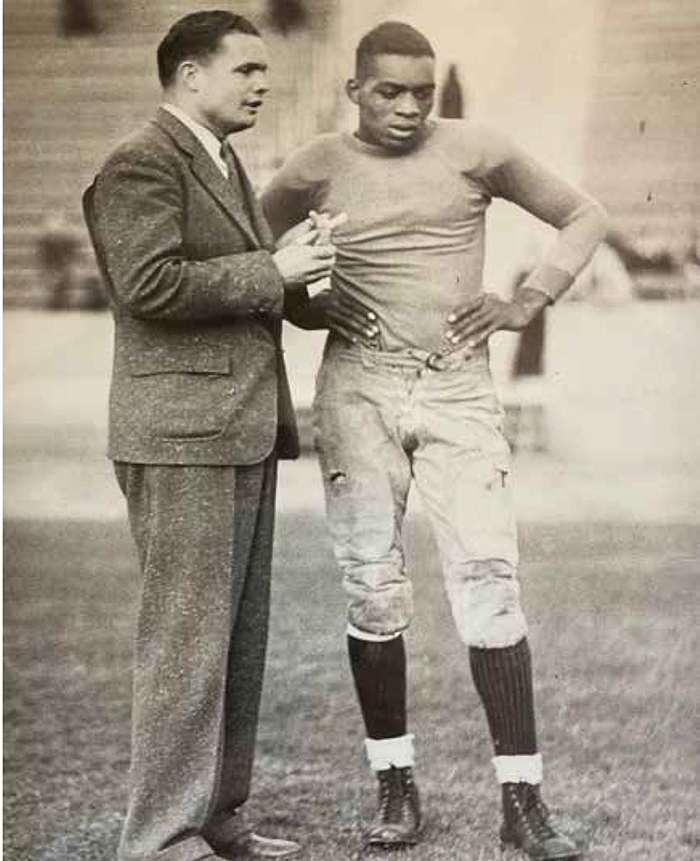
Figure 0.1 Lincoln High School football coach Jim Tunney with his star player, Kenny Washington.Photo courtesy of Jim Tunney Jr.
My dad had some good teams at Lincoln High but none more powerful and famous than his 1935 team with Kenny as tailback. That 1935 Lincoln High team won the Los Angeles City Football Championship, defeating Fremont High School, 139. Its the only city football championship Lincoln High has ever won, although it has had some excellent football teams and coaches throughout its 107-year history. Yet, the 1935 Tigers football team is its only city champion! At that time, the Lincoln High student population was composed mostly of Eastern Europeans, Russians, Italians, and so forth. In fact, actor Robert Preston, at that time named Robert Preston Meservey, better known now to all as the Music Man, was on that team.
Dad was vitally interested in Kennys future education and encouraged him to go to college. Dr. Norm Duncan, who at one time taught physical education with Dad at Lincoln High, had moved on, obtaining his doctorate and teaching at the University of California at Los Angeles (UCLA), a small school located in Westwood (west Los Angeles). With the connections of Dad and Dr. Duncan, they helped Kenny enroll at UCLA in the fall of 1937, where he continued his education on through graduation.
When Kenny graduated, the National Football League was thirty-seven years old, having started in 1920. Few African American players were allowed to play in the 1940s. Its interesting to note that Frederick Douglas Fritz Pollard, a small (5-foot-7-inch, 150-pound) running back from Brown University, broke the color barrier in 1919 playing for the Akron Pros. However, there were only a few Blacks attending UCLA, and only a handful were playing football. The Bruins had five on their team in 1939.
Joining Kenny on that Bruins football team were Woody Strode, Jackie Robinson, Ray Bartlett, and Johnny Wynne. Yes, that Jackie Robinson, who broke that same barrier in 1947 with the Brooklyn Dodgers. Although Kenny was on the UCLA baseball team, he was more widely known for his football prowess. But lets not overlook his college baseball skills. Kenny hit .397 for the baseball Bruins.
In the 1940 NFL draft, no Black players were drafted, despite Kennys incredible college football career. So, Kenny played in the smaller Pacific Coast Football League for a team called the Hollywood Bears. My first time seeing Kenny play was when he was with those Bears. Dad was a college football official and also officiated those Bears games, as well as the Los Angeles Dons. The Bears played their home games at Gilmore Stadium in Hollywood, California, which is no longer there. Its now where CBS Television City and Farmers Market are located.
Next page


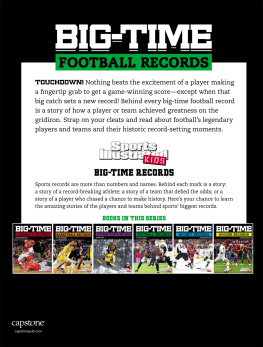
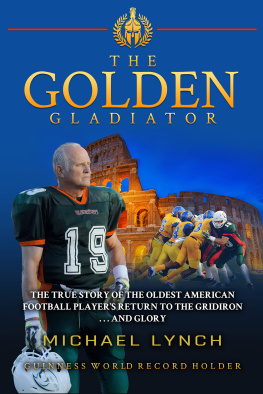
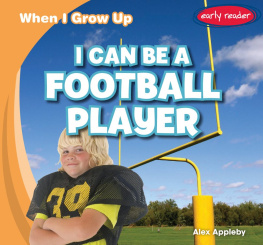
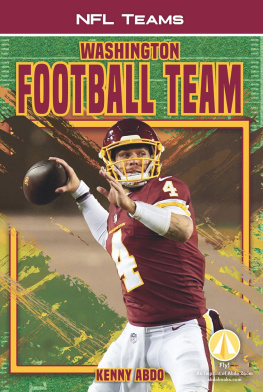
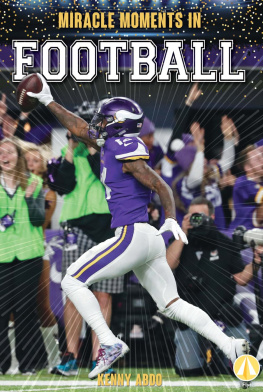
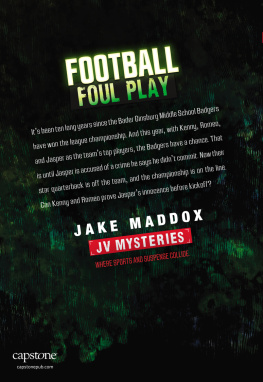
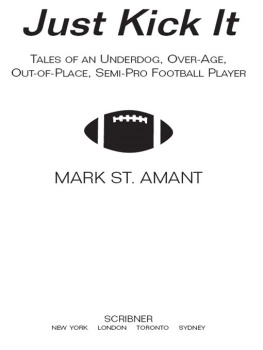
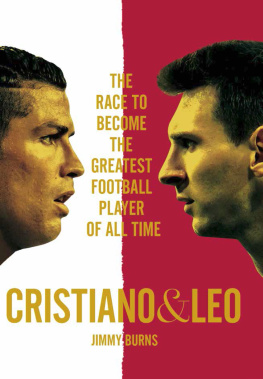

 The paper used in this publication meets the minimum requirements of American National Standard for Information SciencesPermanence of Paper for Printed Library Materials, ANSI/NISO Z39.48-1992.
The paper used in this publication meets the minimum requirements of American National Standard for Information SciencesPermanence of Paper for Printed Library Materials, ANSI/NISO Z39.48-1992.